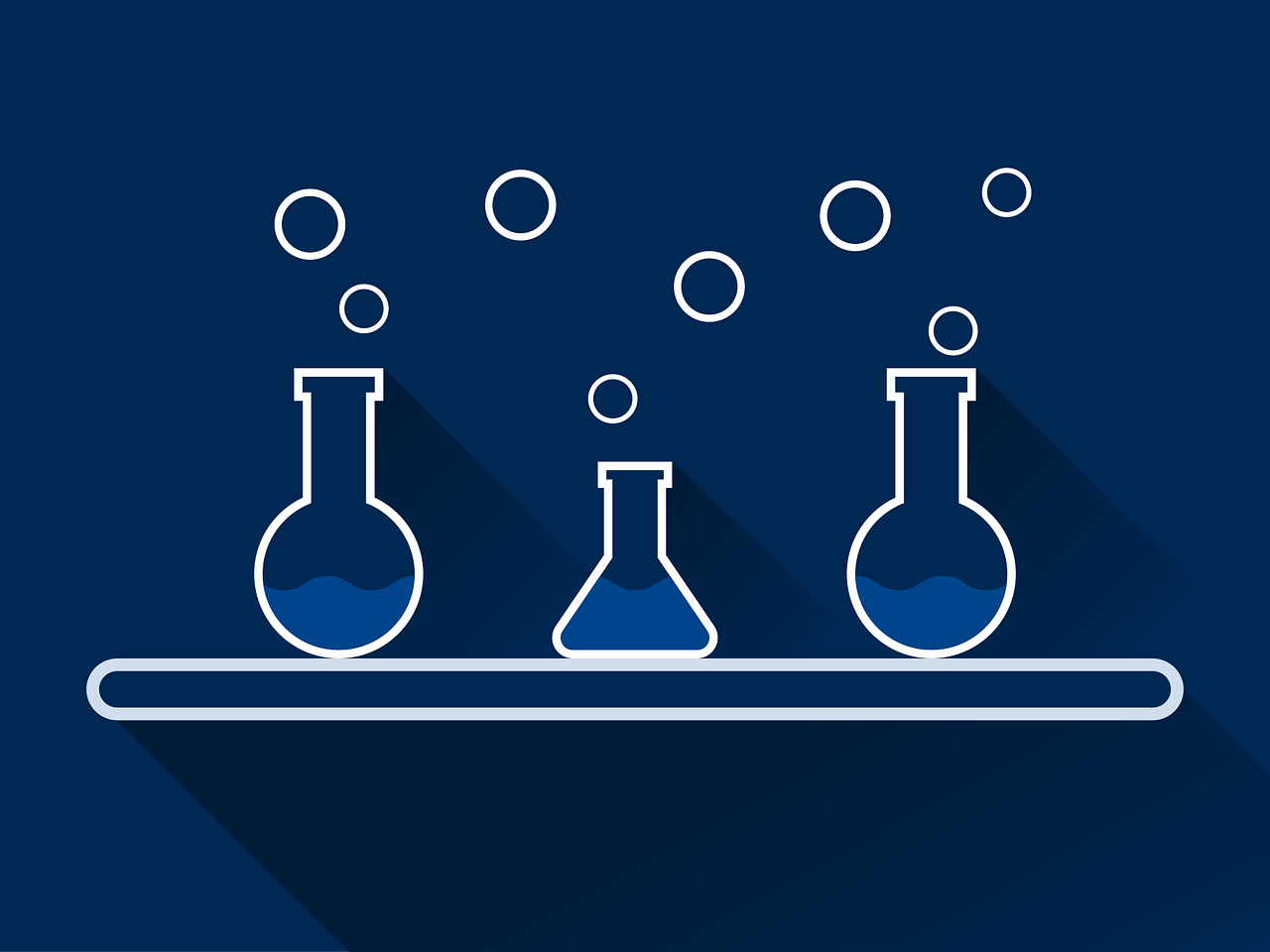
This is the central point where teachers can find resources to help select the best workshops that ignite scientific curiosity in their students.
Digging into Dissections
Explore body systems from the inside out! Engage in live dissections that allow you to get a closer look at how body systems work. Choose from fetal pigs, hearts, and eyes to gain a better perspective on the living body and its intricate design.
Get a new perspective on the living body and its intricate design. These hands-on, guided dissections allow students to get a closer look at how body systems and their organs work. Choose from fetal pig, heart, or eye.
Grades: 5+ (NOTE: the Fetal Pig is designed for Grades 8+.)
Length: 60–90 minutes
Capacity: 30 persons
Cost:
Virtual: Heart ($100), Eye ($100), Fetal Pig ($100)
In-Person: Heart ($175), Eye ($175), Fetal Pig ($250)
Curricular Connections:
Science 5: Life Science: Human Body Systems
HB5.1: Analyze personal and societal requirements for, and the impact of, maintaining a healthy human body.
HB5.2: Investigate the structure, function, and major organs of one or more human body systems, such as the digestive, excretory, respiratory, circulatory, nervous, muscular, and skeletal systems.
HB5.3: Assess how multiple human body systems function together to enable people to move, grow, and react to stimuli.
Science 7: Understanding, Skills, and Confidence
USC7.2: Examine critically and use purposefully blood-borne pathogen information and education, including HIV and Hepatitis C, for the purpose of committing to behaviours that do not put one at risk of infection or co-infection.
USC7.3: Commit to personal safety practices while acquiring basic first aid knowledge and skills.
Science 8: Life Science: Cells, Tissues, Organs, and Systems
CS8.3: Distinguish structural and functional relationships among cells, tissues, organs, and organ systems in humans and how this knowledge is important to various careers.
CS8.4: Analyze how the interdependence of organ systems contributes to the healthy functioning of the human body.
Science 9: Reproduction and Human Development
RE9.1: Examine the process of and influences on the transfer of genetic information and the impact of that understanding on society, past and present.
RE9.4: Analyze the process of human reproduction, including the influence of reproductive and contraceptive technologies.
Health Science 20: Human Body
HS20-HB1: Analyze the anatomy and physiology of a healthy human.

